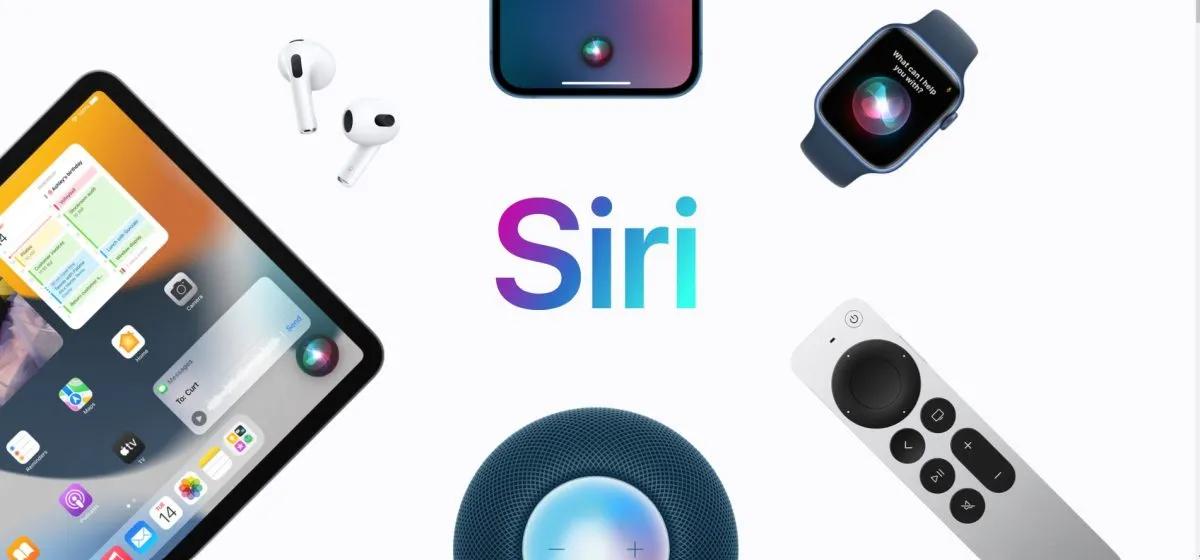
Apple has announced a delay in the release of its highly anticipated Personalized Siri experience, pushing the launch to next year. This decision has not only disappointed end users but has also impacted the morale of the company's employees. While some features of the new Siri experience are functioning internally, there are concerns that Apple may be facing technical challenges similar to those encountered with the AirPower fiasco, which ultimately failed to launch.
Reports suggest that some of the Personalized Siri features are operational, albeit inconsistently, with a success rate of around 80 percent. Robby Walker, Apple's senior director of Siri, has been actively working on enhancing the digital assistant and recently showcased some of these features during an all-hands meeting for the Siri team. According to insights from Mark Gurman of Bloomberg, the features demonstrated are indeed in a working state.
Despite Apple's swift adoption of generative AI capabilities, the company has faced criticism for failing to deliver the range of features it originally promised last year. The Personalized Siri features were expected to launch alongside the iOS 18.4 update, but the timeline has since been pushed back to May, with speculators now suggesting a potential release in iOS 18.5. Subsequently, Apple confirmed that the enhanced Siri experience would be available sometime next year.
During the internal meeting, John Gruber from Daring Fireball described the capabilities of the new features. He provided examples such as Siri's ability to retrieve his driver’s license number upon request and locate specific photos of a child. Additionally, he demonstrated how the technology could manipulate apps through voice commands, including embedding content in an email, adding recipients, and making various adjustments.
Although these features show promise, they have yet to be publicly showcased, leading to speculation about their overall readiness. Gruber noted that while the Personalized Siri features are functioning 66 to 80 percent of the time, they are not yet a finished product capable of delivering consistent results.
For Apple to successfully roll out the Personalized Siri experience, it must ensure that these features function flawlessly. Currently, the company has not provided a specific timeline for when users can expect the new Siri experience to launch next year. However, the fine print on the iPhone 16 product pages indicates that these features are still under development. Elements such as Siri's personal context understanding, onscreen awareness, and in-app actions are all part of this ongoing development process.
In the competitive landscape of AI technology, companies like Google and OpenAI are leading the charge with their latest models. Google has recently announced its Gemini 2.0, and the performance of this new model will be closely compared to other leaders in the sector. In contrast, Apple seems to be at the nascent stages of its AI endeavors, highlighting a significant gap in its competitive positioning within the industry.